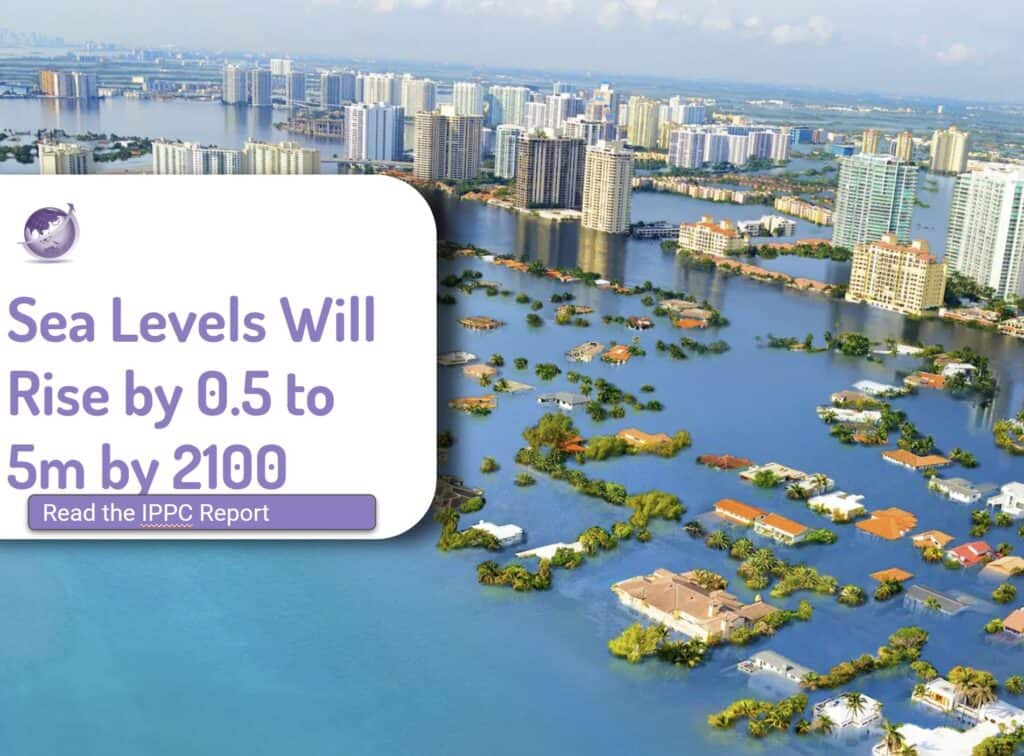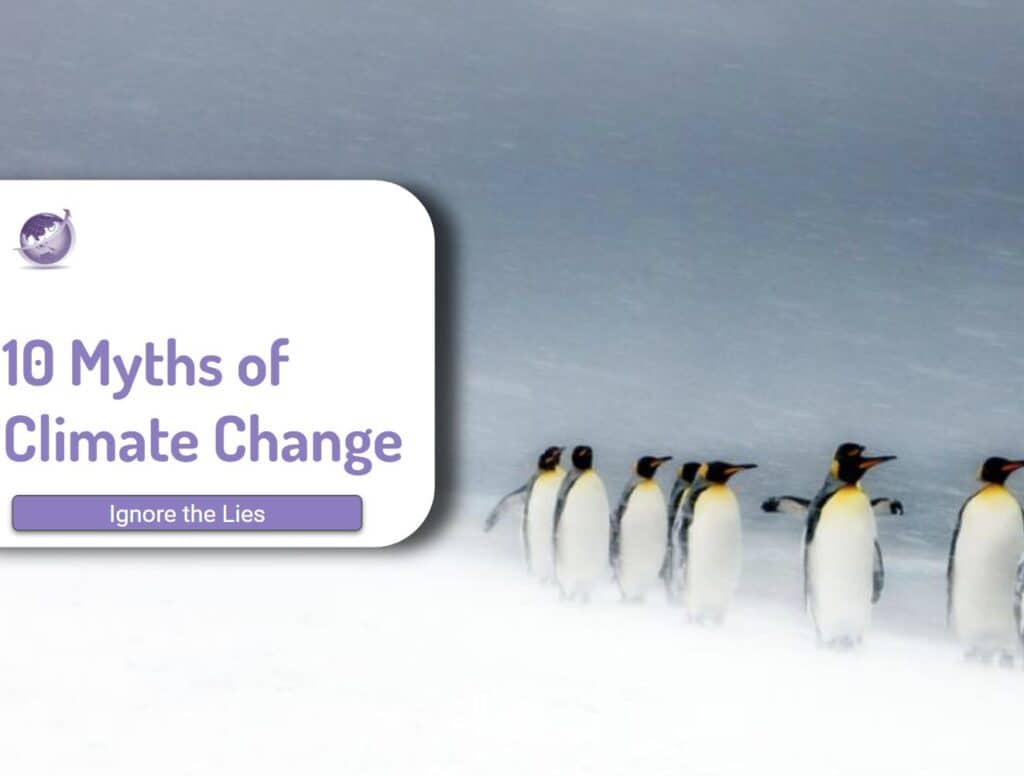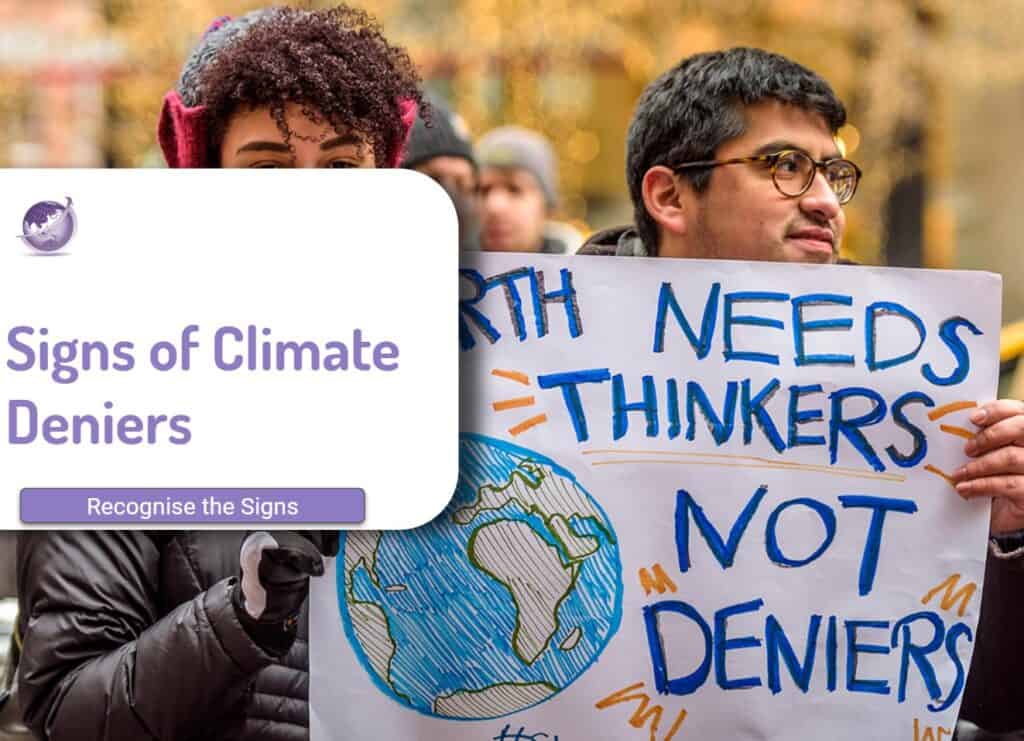An article published in Nature Communications on 6th June 2023 and reported by media such as CNN, New York Times and the BBC says that it is highly probable we will see Arctic ice cover gone by 2030s with increasing ice-free situations by 2050s. This is much earlier than the 2050-2060s previously concluded in IPPC report V6. Arctic sea ice could disappear completely during the month of September as early as the 2030s. Even if the world makes significant cuts to planet-heating pollution today, the Arctic could still see summers free of sea ice by the 2050s, scientists reported.
Summer sea ice has declined by 30% in the past 30 years. 90% of old ice (5 years older or more) has gone. That ice used to act as a great heat shield, reflecting back the sun’s rays.. The Arctic is now warming at 3 times faster than the global average.
The authors concluded the IPPC CMIP6 underestimated the changes but looked at 3 observational datasets and climate models from 1979 to 2019 and compared it to the IPPC conclusions.
Their conclusions were that an ice-free Arctic will be there in summer irrespective of efforts at reducing emissions.
Arctic ice builds up during the winter and then melts in the summer, typically reaching its lowest levels in September, before the cycle begins again.
The Arctic is on the verge of becoming seriously ill and the region has reached a tipping point
Seung-KI Min Lead Author, Prof Pohang University of Science and Technology South Korea
Sea Ice

This part of the Arctic is warming up to seven times faster than the global average and read more at Reuters about how scientists measure sea ice and climate changes. Researchers have been studying the polar region for decades — with Ny-Aalesund’s weather records going back more than 40 years.
Over the past several decades, the Arctic has warmed four times faster than the rest of the world, a 2022 study showed. There has already been a rapid loss of sea ice in the region, with September sea ice shrinking at a rate of 12.6% per decade, according to NASA.
Does it Matter if Arctic Ice Cover Gone in 20 Years?
- Temperatures: The Arctic and Antarctic act as the world’s refrigerator by reflecting heat back into space. Less ice means less reflected heat, leading to more intense heatwaves worldwide and more extreme winters.
- Coastal communities: Global average sea level has risen by about 7–8 inches since 1900 and it’s getting worse. Rising seas endanger coastal cities and small island nations by exacerbating coastal flooding and storm surge.
- Food: Polar vortexes, increased heat waves, and unpredictability of weather caused by ice loss are already causing significant damage to crops on which global food systems depend.
- Shipping: As ice melts, new shipping routes open up in the Arctic. These routes will be tempting time-savers but incredibly dangerous.
- Wildlife: When there’s less sea ice, animals that depend on it for survival must adapt or perish. Loss of ice spells trouble for polar bears, walruses, arctic foxes, snowy owls, reindeer, and many other species.
- Permafrost: Arctic ice and permafrost store large amounts of methane, a greenhouse gas that contributes to climate change. When it thaws, that methane is released, increasing the rate of warming.
- Political: Russia has built 475 military sites along its northern border. They have reactivated 50 Soviet outposts in the Arctic, and equipped its northern fleet with nuclear and conventional missiles. Five of the 8 countries were part of Nato, and now 7 of the 8 are. Russia is not.
Fossil Fuel Interests Watered Down IPPC Report
There is clear evidence the IPPC report was watered down by corporate interests such fossil fuel companies and countries. (Inside Climate News). References to fossil fuels and meat consumption were removed from the report summary, while language bolstering controversial carbon removal technologies was added.
Many say the IPPC report is by its nature more conservative than the science would suggest. Arctic sea ice and sea rises are two challenging areas.
Authors of the IPPC report need to agree a probable outcome. But that never precludes a possible outcome and this paper provides evidence a more rapid loss of sea ice is the most probable.









